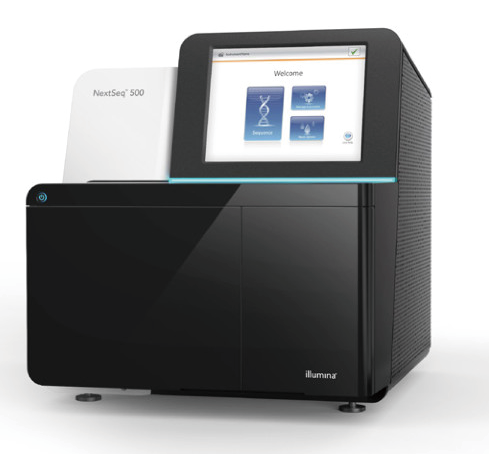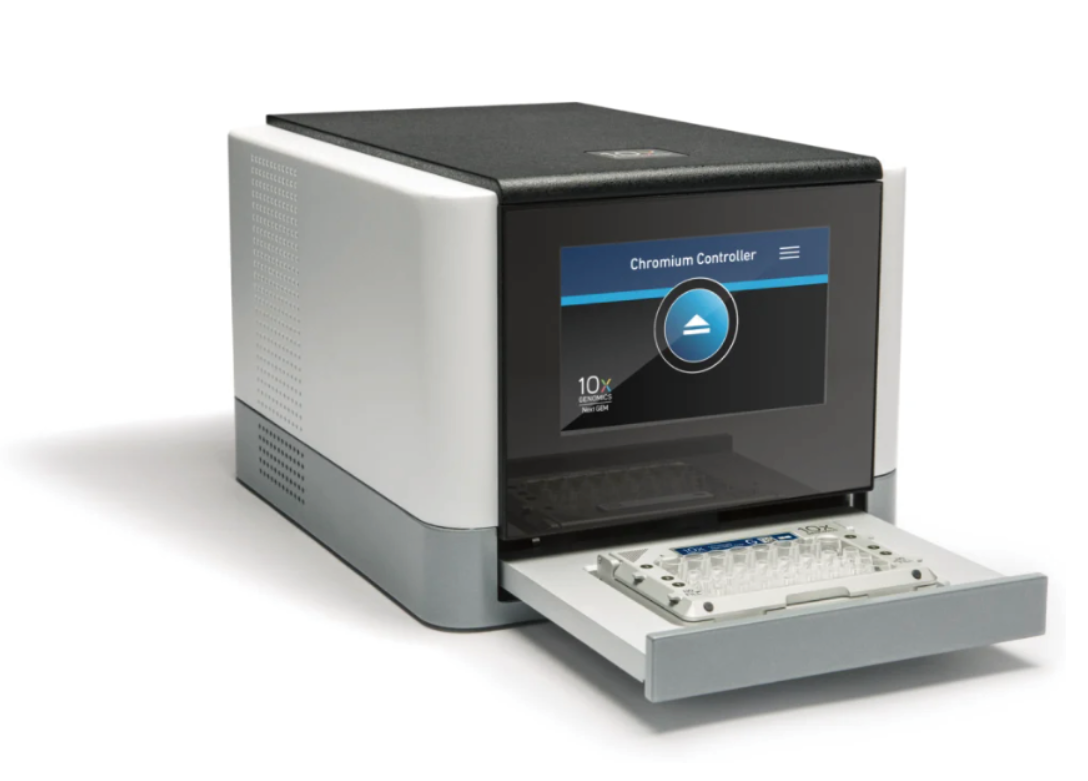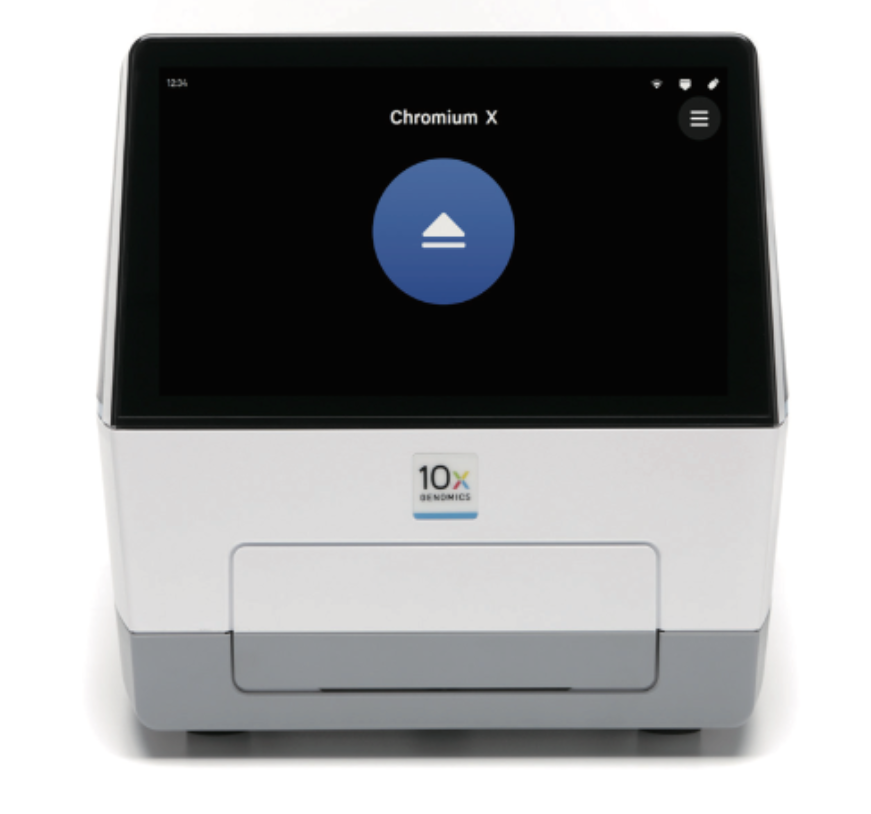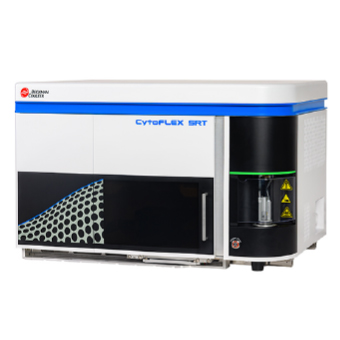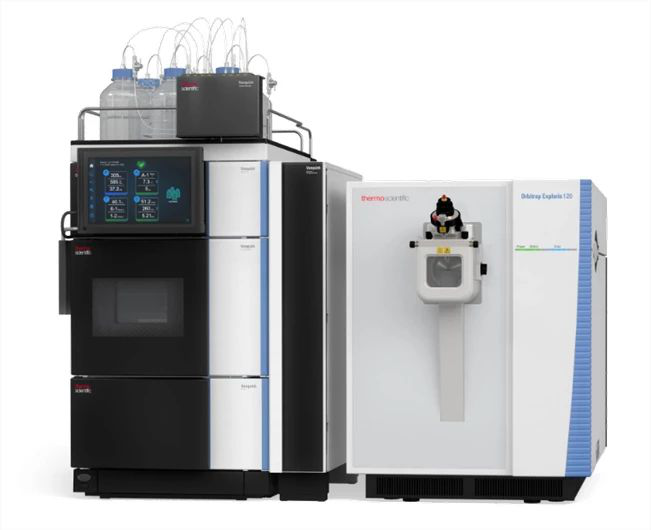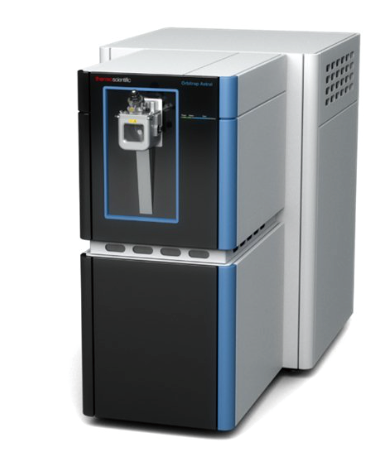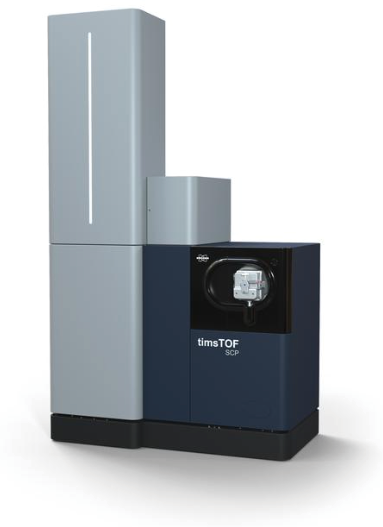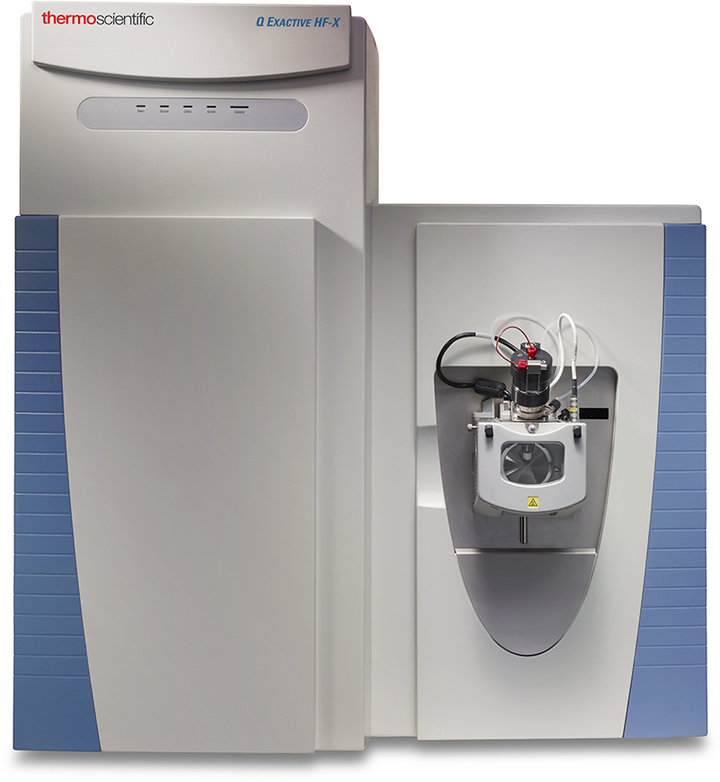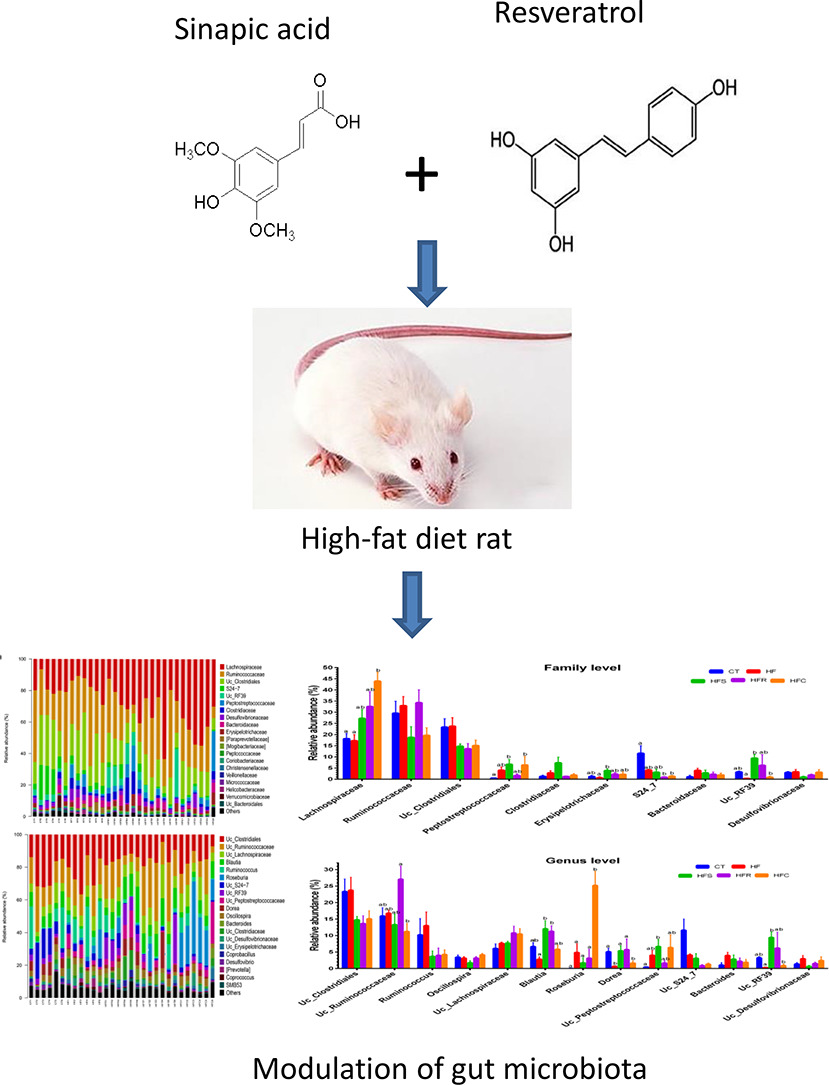
Abstract
High-fat diet (HFD) consumption induces oxidative stress and microbial dysbiosis, the latter of which plays a vital role in the development of metabolic syndrome. We hypothesized that sinapic acid and resveratrol treat- ment might be a potential strategy to ameliorate the redox state and gut microbiota composition imbalance. In this study, rats were randomised into ?ve groups and fed a high-fat diet supplemented with resveratrol (400 mg/kg), sinapic acid (200 mg/kg) or a combination of both polyphenols. Administration of resveratrol e?ectively reduced fasting blood glucose levels (p < 0.05) and increased the HDL-c levels (p < 0.05). Reactive oxygen species and malondialdehyde levels were decreased in the colon (p < 0.05), total antioxidant capacity was
increased in liver (p < 0.05) by sinapic acid consumption in HFD rats. Moreover, polyphenol supplementation impacted the intestinal microbiome at di?erent taxonomic levels by improving the proportion of butyrate producer Blautia (p < 0.05) and Dorea (p < 0.01) in the Lachaospiraceae family and inhibiting the growth of bacterial species associated with diseases and in?ammation such as Bacteroides (p < 0.05) and Desulfovibrionaceaesp (p < 0.01). Spearman correlation analysis showed that some oxidative stress variables were directly correlated with changes in gut microbiota. Our ?ndings demonstrated qualitative di?erences between the treatments in their abilities to alleviate HFD-induced oxidative stress and modulate the gut mi-crobiota. These ?ndings might be helpful to better understand the e?ects of bioactive constituents on nutrition for human health.
link text :https://www.sciencedirect.com/science/article/pii/S0963996918307890






